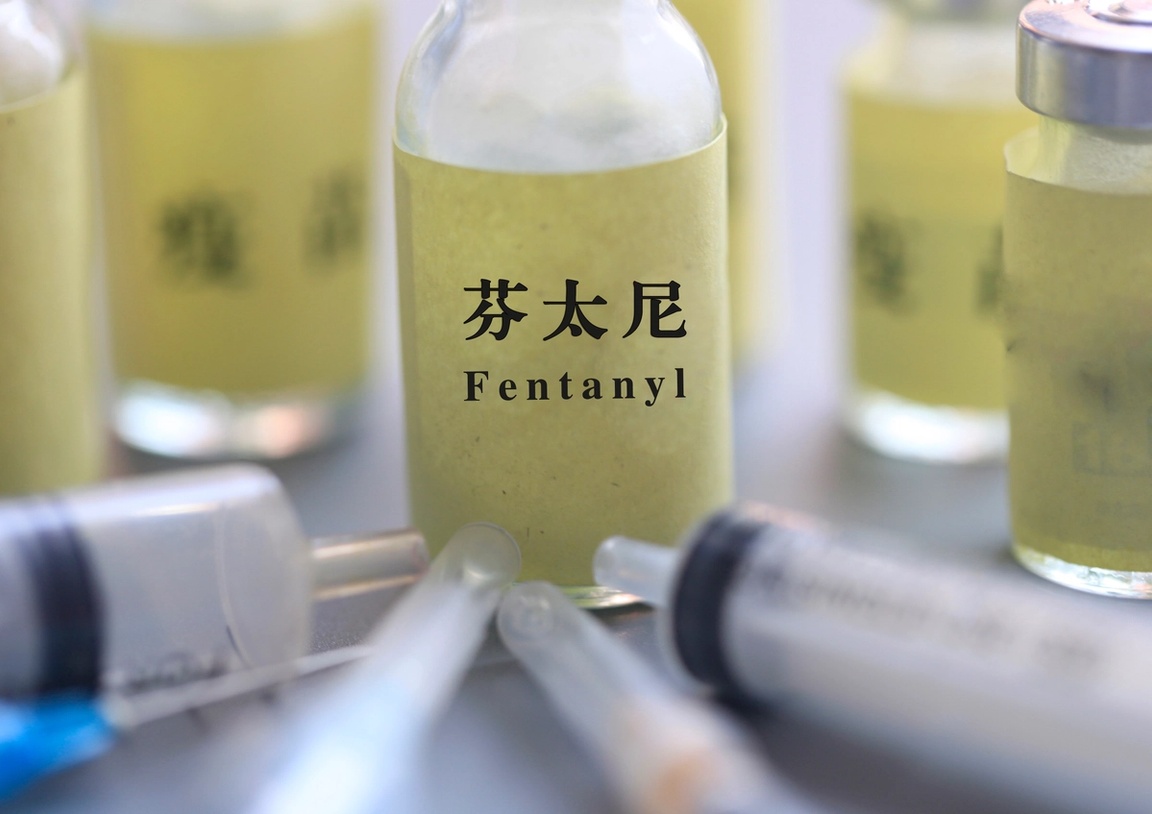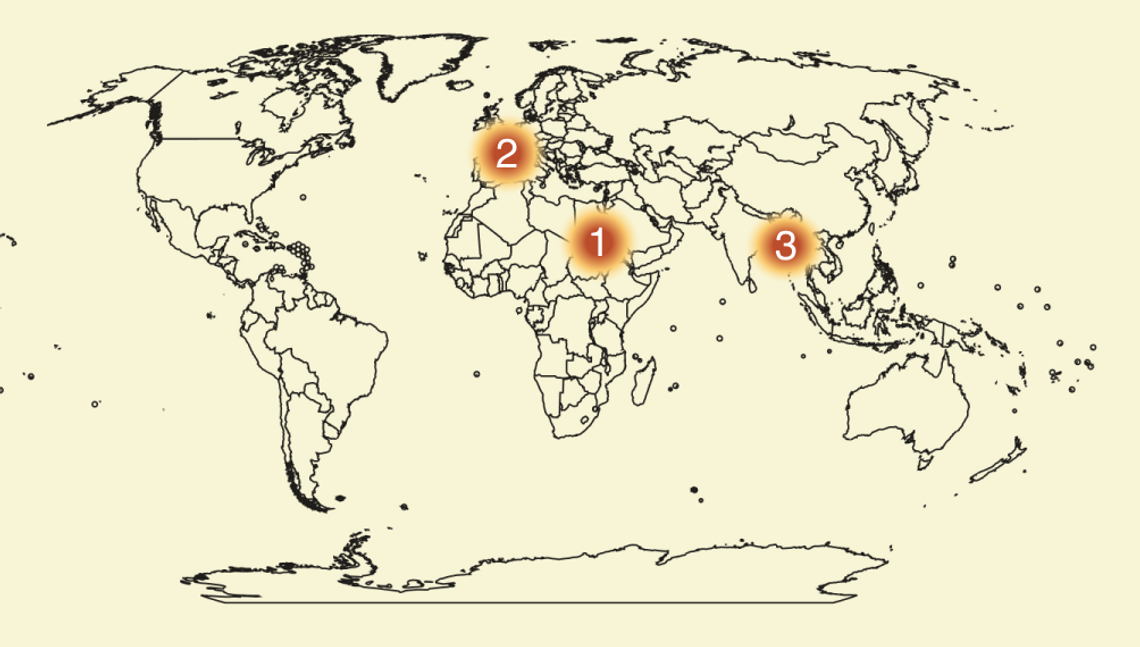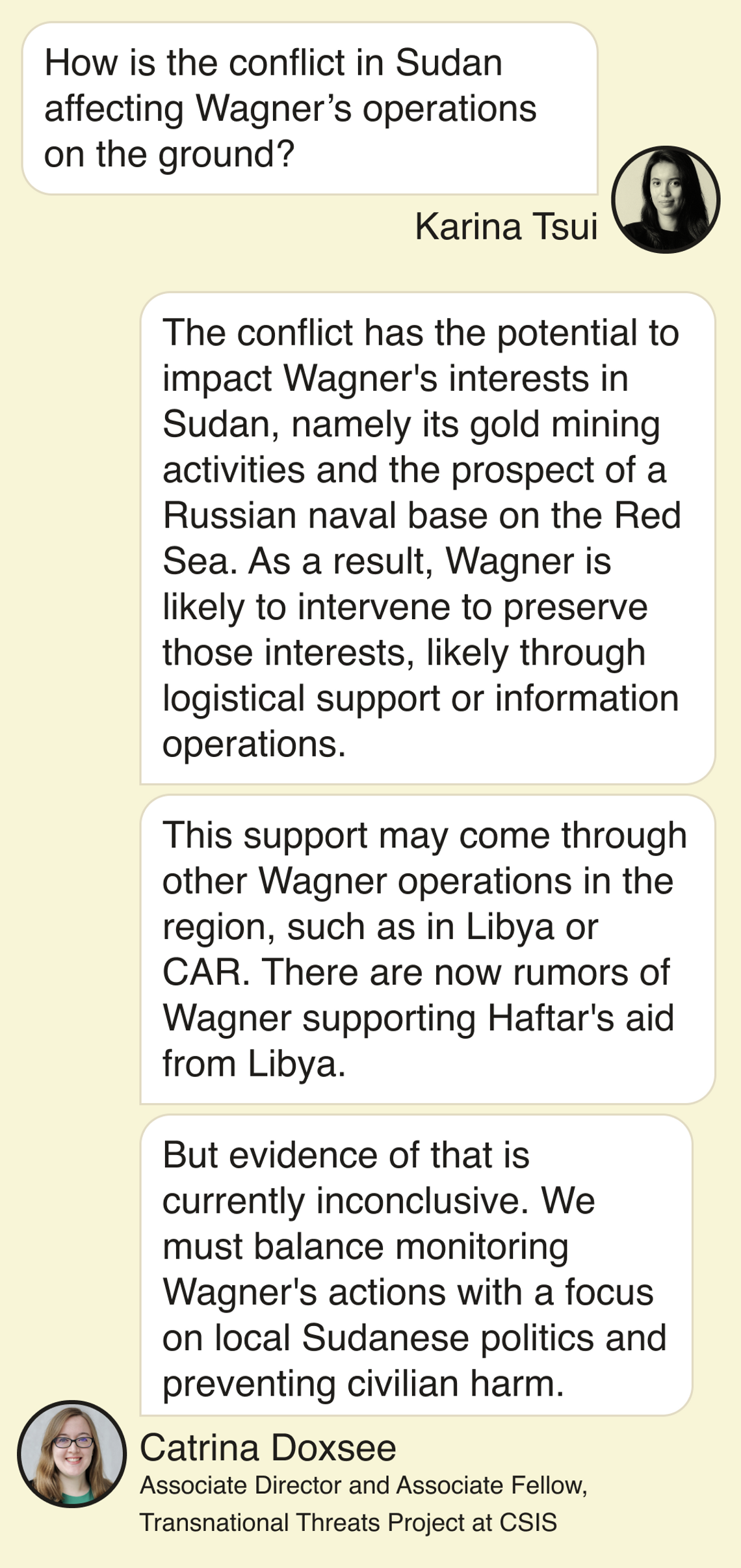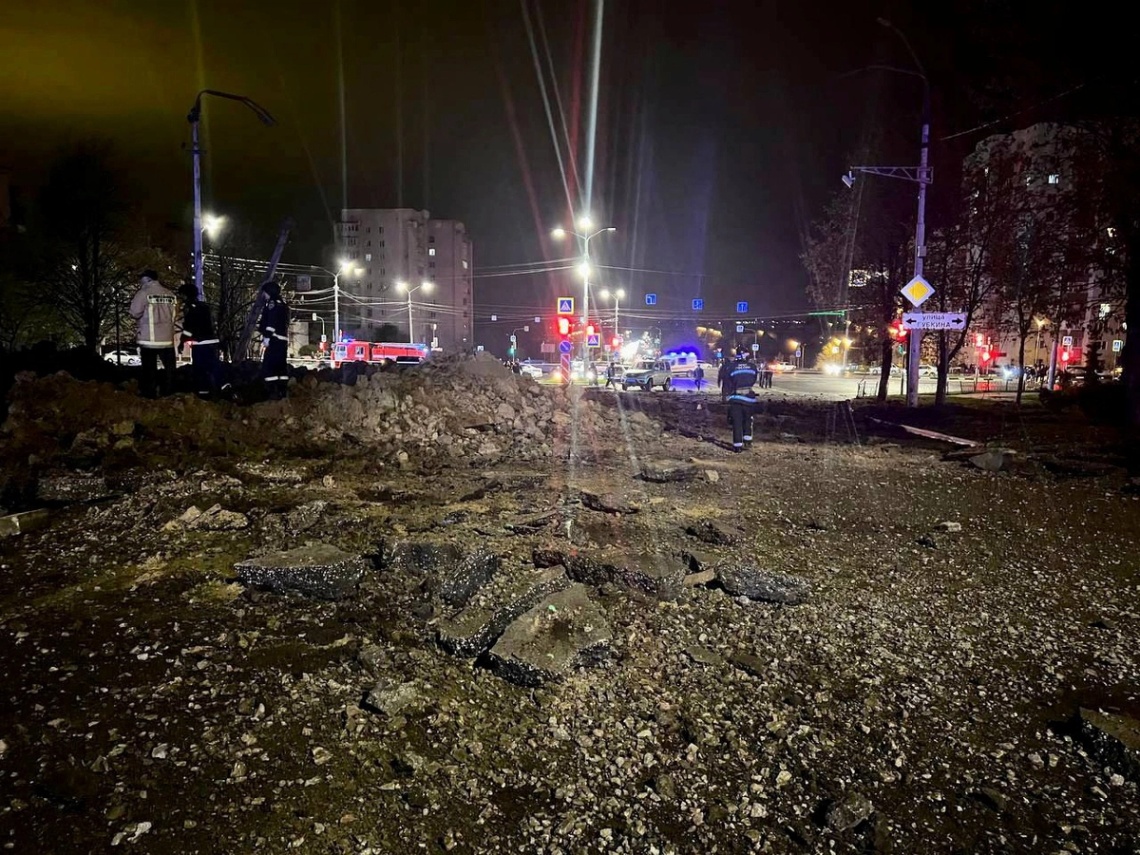 REUTERS/Oriental Image REUTERS/Oriental ImageTHE SCOOP Last August, the Chinese government announced that it formally would cease counter-narcotics cooperation with the U.S. after then-House Speaker Nancy Pelosi visited Taiwan. But the two countries’ efforts to crack down together on the global fentanyl scourge had flown off the rails well before then, officials involved in the deliberations told Semafor. A major turning point came in May of 2020, when the U.S. Commerce Department placed sanctions on two Chinese government agencies involved in anti-drug efforts — the Ministry of Public Security’s Institution of Forensic Science and the National Narcotics Laboratory of China — for allegedly committing human rights abuses against the Uyghur Muslim population in the western region of Xinjiang. The decision drew a sharp rebuke from Beijing, which had moved months earlier to schedule fentanyl and all of its chemical analogues, making it one of the first countries in the world to do so. Scheduling a narcotic forces companies to get government authorization to produce and sell the drug, and violators can face significant prison time. U.S. officials say that China’s cooperation on drug issues began to severely deteriorate after that point. Over the coming months, the two sides swapped competing lists of demands through their embassies about how to address the fentanyl crisis going forward. But according to officials who described the meetings to Semafor, they were unable to reach any agreement. The first meeting occurred on November 12, 2021 in Washington. The Biden administration asked Beijing to more aggressively monitor the production and sale of precursor chemicals used in the production of fentanyl and to keep tabs on their ultimate end-users. The U.S. Drug Enforcement Administration has identified China as the largest source of the precursor chemicals that Mexican drug syndicates are processing into the deadly synthetic opioids that are killing 196 Americans per day, according to the Department of Justice. The Biden administration also asked China to employ an international coding system to allow these shipments of chemicals and equipment to be more easily tracked globally. China responded with its own list in a second meeting on March 28, 2022 in Beijing. It asked the U.S. to drop the sanctions on its national narcotics lab and forensic agency and to tone down its public criticism of Beijing over the narcotics issue. It also urged Washington to permanently schedule fentanyl and all of its chemical analogs as a class of drugs the same way as Beijing had. (The U.S. currently lists the drugs under Schedule I, making them fully illicit like heroin, but on a temporary basis. The Biden administration is working with Congress to permanently schedule fentanyl as a class of drugs.) Following China’s decision to break off all cooperation after Pelosi’s trip, Rahul Gupta, director of the White House’s Office of National Drug Control Policy, said Beijing was using the Taiwan visit as a “pretext to step back from cooperation.” THE VIEW FROM WASHINGTON The Biden administration still hopes that it can engage with China on counter-narcotics. U.S. officials told Semafor last month that Secretary of State Antony Blinken is seeking to visit Beijing in the coming months, after canceling his February trip following the U.S.’s shooting down of a Chinese spy balloon. He plans to make fentanyl a leading topic of discussion, they said. But Washington is also signaling that it will take a harder line on Beijing, specifically through sanctions and law enforcement. On April 14, the Treasury Department sanctioned two Chinese companies and four Chinese nationals for allegedly colluding with Mexico’s Sinaloa drug cartel to produce fentanyl. And the administration is seeking to build an international coalition to combat the fentanyl trade through the United Nations, with or without Chinese participation. Beijing “must stop the unchecked flow of fentanyl precursor chemicals that are coming out of China,” Attorney General Merrick Garland said on April 14, shortly after Treasury’s actions. Last week, the Department of Homeland Security initiated a 90-day “sprint” to better understand the threats China poses, including through the fentanyl trade. THE VIEW FROM BEIJING Chinese officials say Beijing took the lead globally in 2019 by scheduling fentanyl as a class of drugs and that it closely monitors and restricts all chemicals proscribed under U.N. statutes. They also say it’s impossible to track and restrict all the precursor chemicals used in creating fentanyl, as many have legal applications. “To apply an analogy, steel can be used to manufacture both cars and guns, and you cannot ban steel just because you ban firearms,” Liu Pengyu, the spokesman for China’s embassy in Washington, told Semafor. Liu also criticized the U.S.’s sanctioning this month of the Chinese entities and said Washington needed to prioritize preventing demand for fentanyl inside the U.S. He said: “The U.S. indictment and sanctions against Chinese companies and citizens will add more obstacles to China-U.S. counternarcotics cooperation.” JAY’S VIEW The U.S. has said it wants to have a limited but constructive relationship with China on a small number of important issues, including counter-narcotics, global health and climate change. But the private and public feuding between the two countries over fentanyl shows how difficult it will be to find even those limited spheres of cooperation as Washington and Beijing increasingly butt heads over Taiwan, the South China Sea, and U.S. efforts to constrain high-tech exports into China. ROOM FOR DISAGREEMENT A number of China watchers say that its leaders have always seen drug policy as a bargaining chip and don’t expect any real cooperation between the U.S. and China on fentanyl, barring Washington offering up a major concession on a key geopolitical issue. This could range from Taiwan to high-tech trade. The two countries are locked in a zero-sum game, they say, and this even applies to seemingly humanitarian issues, like counter-narcotics. In this view, the tensions over sanctions and American rhetoric on fentanyl aren’t the real issue. “China subordinates its counternarcotics cooperation to the geostrategic relationship with the United States,” said the Brookings Institution’s Vanda Felbab-Brown, during a congressional hearing last month. NOTABLE | 






